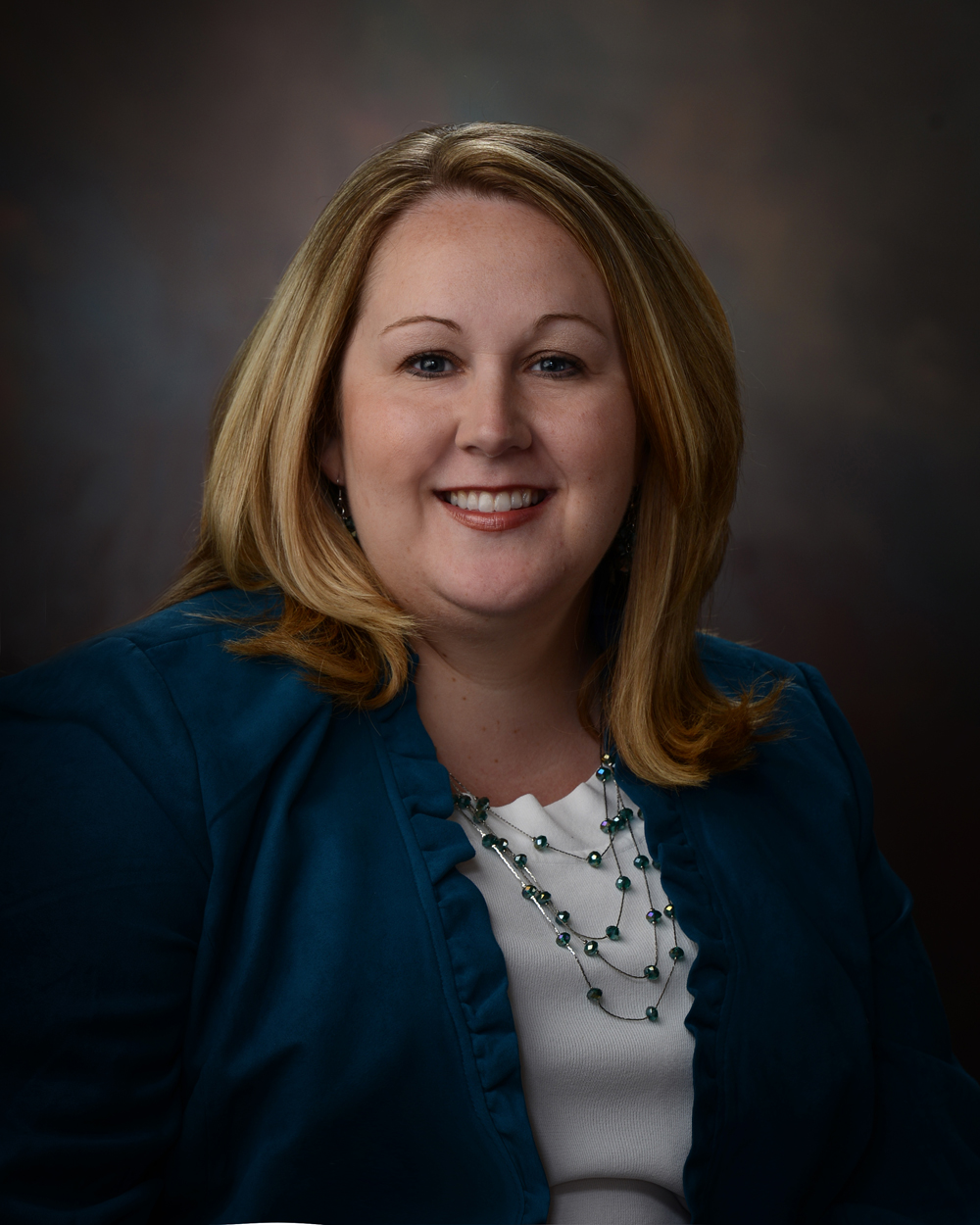As part of a series of articles on the duties and responsibilities of municipal employees, we spoke with four finance directors. From managing more than 100 people in a massive department to dealing with nuisance squirrels, these individuals come from cities large and small and have vastly different daily responsibilities. Yet they all work closely with their elected officials to manage their local government's finances.
Steve Bedard's role is wide ranging in Charleston. In fact, his title is chief financial officer instead of finance director. He is responsible for all financial aspects of the city and provides leadership to 180 people through division heads.

Bedard began the job 15 years ago, after serving in the Navy and working on cutting-edge naval ship development programs for the Defense Advanced Research Projects Agency.
"When I first got to the city, I was the first CFO in Charleston's history," Bedard said. "There was no road map or bench players to turn to in growing and consolidating functions. My planning horizon has gone from being short - getting the department up and running - to a longer view. That includes continued improvements in the multi-faceted department and developing strong continuity back-up in all of our key areas."
Bedard said every day brings its own set of challenges. He tries to have a clear understanding of the key goals for the department for the long-term, mid-term and short-term and to keep these goals in focus as he's pulled in numerous directions.
Bedard is responsible for maintaining the financial stewardship that has earned the city its AAA credit rating - the first city so rated in the history of South Carolina in January 2009 and confirmed in 2011.
Mentoring others and seeing them grow professionally are the most rewarding parts of the job for Bedard. He also appreciates having the ability to manage the city's finances in a proactive, positive way to help bring about important service improvements throughout Charleston.
"I did not expect the breadth of my responsibility, which has both challenged me and made the job rewarding," Bedard said. "I work for a hard-working and hands-on CEO, Mayor Joe Riley. In some ways I serve him as a quasi-chief operating officer for the city."
Where Bedard oversees a large finance department, finance directors in small cities are often called upon to play many roles outside of finance.
On any given day, Hartsville Finance Director Shannon Morrison could be dealing with utility billing, tax revenue, police or fire department issues, or human resources and payroll issues. Morrison, who has worked for the city since September 2012, said she was surprised to learn all the different areas impacted by her position.

Shannon Morrison
Hartsville Finance Director
Morrison, who previously worked as a controller in community banking, oversees utility billing/collections, permits and business licenses, collection of court fines, collection of tax revenue, grant accounting and reporting, budgeting, payroll, accounts payable, governmental and internal reporting, auditing, IT and more. She's even currently involved in two special projects - the renovation of a historic bank building for the new city hall and the construction of a Splash Pad to open this spring.
"I do feel like in a smaller town you have to wear more hats and may get into more of the day-to-day operations than in a larger town with more staff to delegate some of that responsibility to," Morrison said.
That's been the case for Barbara Swierszcz, who not only serves as treasurer for the Town of Clover but also human resource manager.

Barbara Swierszcz (left) works closely with Shannon Nix, town clerk/business license specialist,
to keep the Town of Clover operating within its budget.
"I have no assistant, like a larger town would have, so I reconcile the bank statements as well as prepare the financials," she said, adding that some days she may be called upon to fill in taking payments in the front office, or run to the post office or bank.
Swierszcz has been with the Town of Clover since December 2012. Prior to that, she was the finance director for the City of Chester for six years. She spends the bulk of her time reviewing, reconciling, analyzing and preparing financial reports. The challenges of the job, she said, are keeping a good budget and trying to get the most for the taxpayers" dollar.
"How can we give better service to our residents, increase pay to employees and keep our equipment up to date with an ever shrinking revenue source?" she said.
Over the years, Swierszcz said she has seen a significant drop in the federal and state funds allocated to municipalities.
"This is the hardest on small towns like Chester and Clover. We depend on every dollar," she explained.
The biggest change that Greenwood Finance Director Steffanie Dorn has seen in her 14 years with the city has been the growth of technology.
"When I started, the Internet was really in its infancy and was not something that I used daily. Now, I check our bank balance every day on the Internet and often use it for other purposes during the day," Dorn said. "We still communicated by phone - my phone rang so much that I wanted to change my name. Now, I receive that many plus more emails in a day."
Dorn noted another change is the move toward a "paperless" office where the staff scans invoices that are paid, increasing productivity in many areas. "Additionally we send a lot of documents via email rather than copying and snail mailing," Dorn said. "Recently, we began emailing deposit slips to employees rather than printing on paper and are implementing email of business license renewals and sanitation bills.
Dorn, who previously worked for a small family owned real estate business, spends most of her time reviewing the general ledgers, preparing various required reports, providing information for the city manager and council, and making decisions related to business license issues. She has the traditional duties of ensuring financial statements are produced monthly, vendors and employees are paid and city funds are collected, but she also administers the business license ordinance, has some clerk responsibilities, serves as records manager, participates in some facilities management, assists with some parts of human resource management and even supervises the victim's services coordinator.
"The finance office is often asked to handle various tasks that don't fit in any other department so you really never know what might come next," she explained.
Dorn's strangest task, however, is issuing squirrel abatement permits.
"Because the city doesn't allow the discharge of weapons within the city, we have a permit process for folks who have problems with squirrels eating their pecans and getting in their attics," she said. "They can purchase a 410 and shoot squirrels until their heart's content!"
Squirrels aside, Dorn is most proud of her part in making positive changes for the community.
"Once I began working for the city, it did not take me long to realize that local government affects individual people more than any other level of government," she said. "In 2003, the City of Greenwood began the implementation of a master city plan which is the plan of true visionaries. I have watched different phases of this plan come to fruition that have brought tremendous development to our community. It has been so very exciting to be a part of the city during these developments and I look forward to what comes next!"
